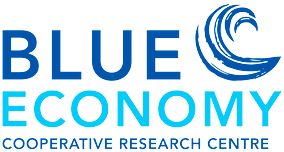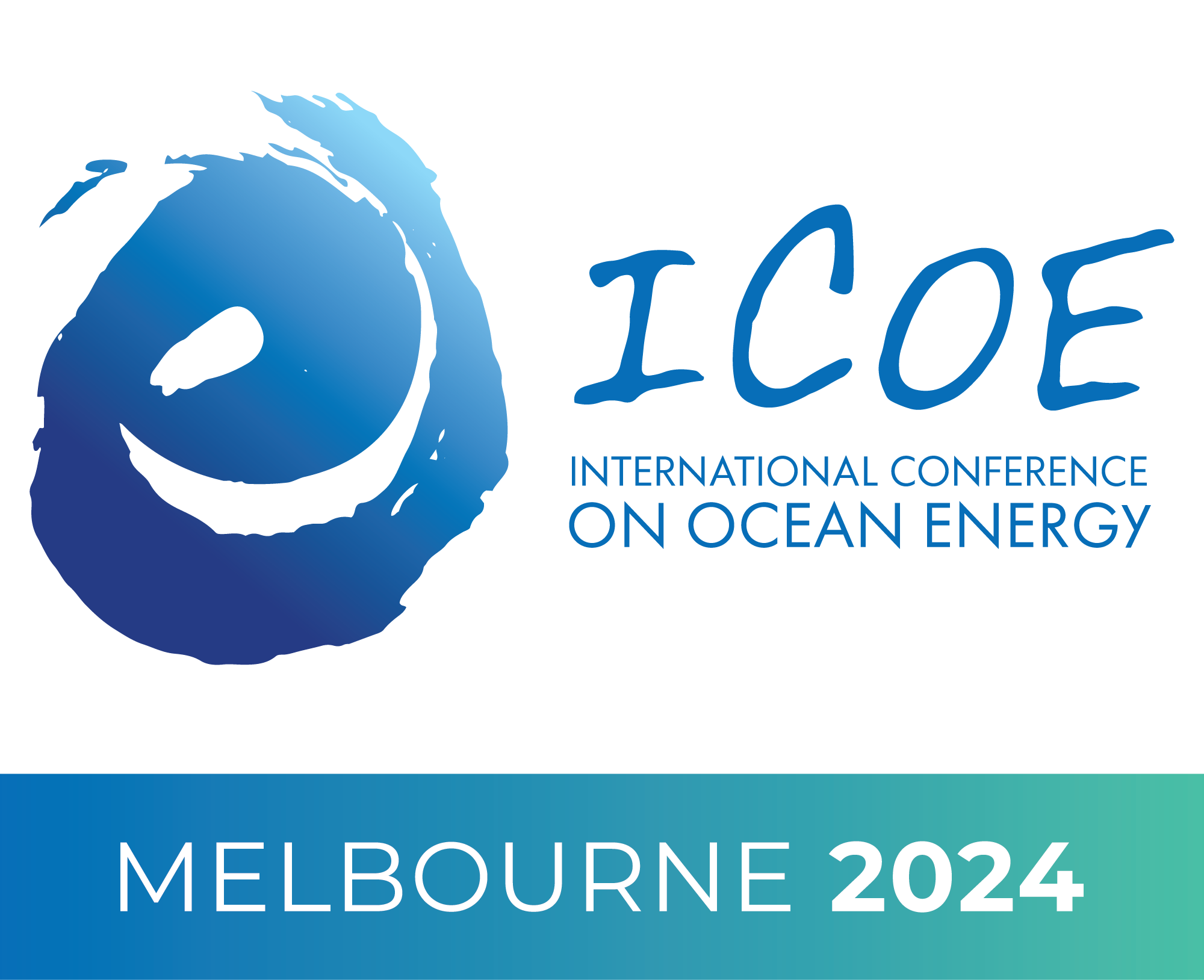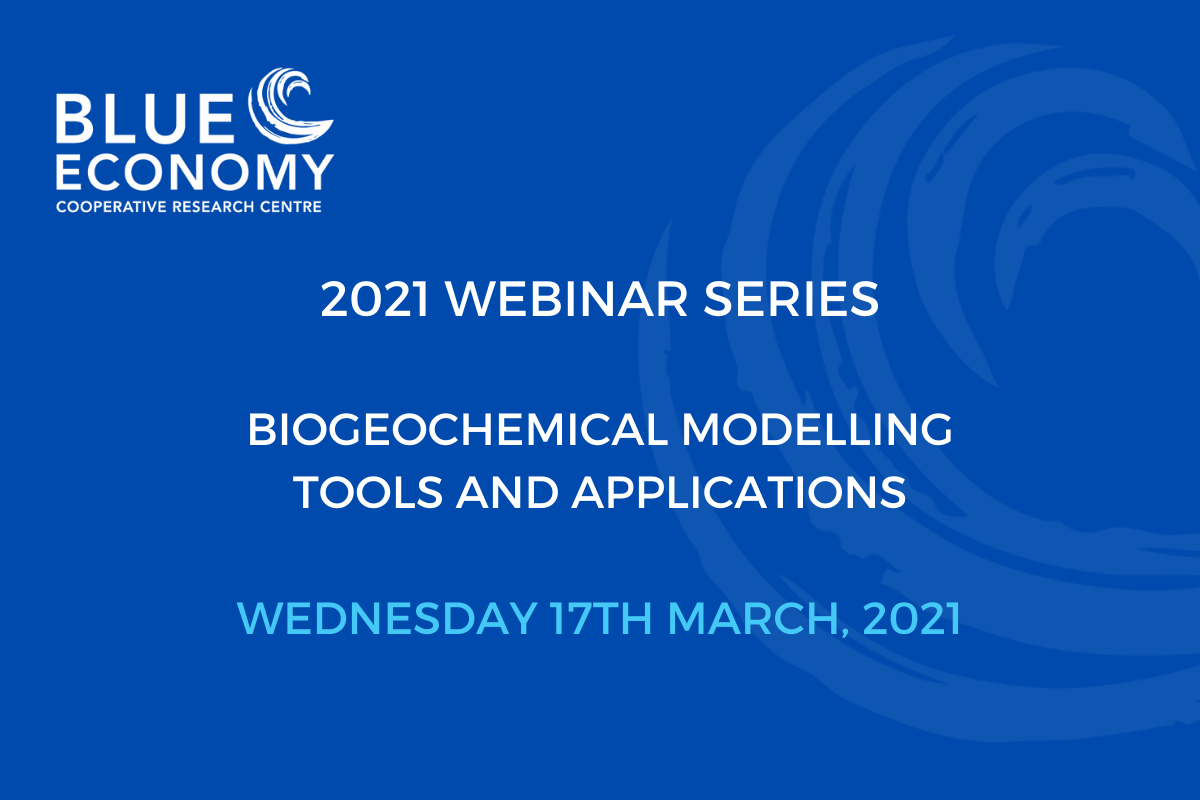Webinar: Biogeochemical Modelling Tools and Applications
Wednesday 17th March, 3.30pm – 5pm (AEDT)
Biogeochemical modelling involves creating detailed mathematical models of water (e.g. coastal or ocean water) capturing how it moves about in 3D space and its environmental properties (temperature, oxygen, nutrient levels).
This modelling of water column flow and water and sediment properties have come a long way in the last century. It is an exciting and fast-moving field that is increasingly applied and used to support decision making from fine scales (within a day) to long-term planning.
Whether you are completely new to the field and just wondering how outputs from such models could be used, or you are familiar but interested in an update on what these models can deliver and what that could mean for your industry or sector. link into this webinar to see some case study examples of how these models operate and how they are being used in aquaculture and other ocean industries.

Presentation 1: Application of innovative advances in biogeochemical modelling tools to support industry towards achieving their sustainable development goals
Presented by: Louise Bruce, BMT
Presentation 2: The SIMA Austral Project: integrated modelling, data services and decision support tools to improve the sustainability of salmon aquaculture in Chile.
Presented by: Dr Karen Wild-Allen, CSIRO Oceans & Atmosphere
Presenters
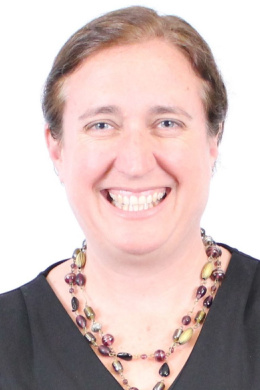 Name: Louise Bruce
Name: Louise Bruce
Affiliation: BMT
Bio: Louise is a Principal Engineer with 25 years’ experience in environmental modelling. Louise’s career has spanned the progression of environmental models from simple 1-D to more complex 3-D dynamically coupled hydrodynamic water quality models. Louise is a core developer of a complex suite of process-based biogeochemical models that can be custom fit for purpose aquatic ecosystem assessment, dynamically linked to any number of hydrodynamic models. Louise manages projects that make use of ecosystem models and data analytics to inform environmental impact assessments and strategic development planning for government agencies as well as water supply, oil and gas, mining, ports and aquaculture industries.
Louise is a passionate advocate for collaboration in the use of data to support informed decision making in environmental management. Combining her knowledge and experience in the built and natural environments, Louise works with diverse teams, industry, and scientific experts to find solutions to complex multifaceted sustainable development challenges.
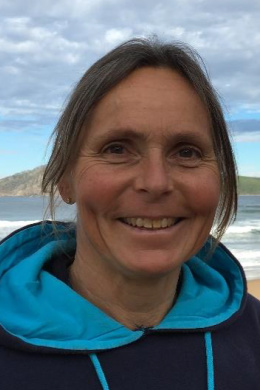 Name: Dr Karen Wild-Allen
Name: Dr Karen Wild-Allen
Affiliation: CSIRO Oceans & Atmosphere
Bio: Karen is a Principal Research Scientist and biogeochemical modeller in the CSIRO Coastal Environmental Modelling team. She is an established leader in multi-disciplinary research projects, an authority on the environmental impacts of salmon farming and has applied models to quantify and characterise the environmental impacts of anthropogenic loads to coast and shelf scale systems in Europe, Australia and South America. Karen is passionate about multiscale model validation against observations and advocates for the deployment of advanced technologies for fine spatial and temporal resolution of biogeochemical properties including systems for autonomous nutrient analysis. Karen has authored 38 papers and 4 book chapters (1018 citations; Web of Science H-index 15).
Facilitator
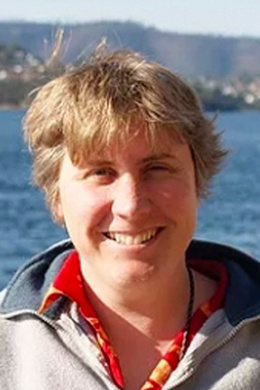 Name: Dr Beth Fulton
Name: Dr Beth Fulton
Affiliation: CSIRO
Bio: Dr Beth Fulton is an ecosystem modeller who is a senior principal scientist based at CSIRO Oceans & Atmosphere in Hobart. With a background in ecology, marine biology and mathematics she has concentrated on developing whole of system models (e.g. https://research.csiro.au/atlantis/). The models she has helped develop have provided insights to a range of national and international bodies (including Australian government agencies, NOAA and the FAO) – providing decision support and understanding for regional marine planning, managing the impacts of fishing, supporting sustainable aquaculture and alternative livelihoods, as well as understanding and managing climate change.
Dr Fulton is also an Adjunct Professor at the Centre for Marine Socioecology, University of Tasmania (http://marinesocioecology.org/), where she supports students and collaborates on projects around finding sustainable options for the blue economy (the use of coastal and ocean systems).
